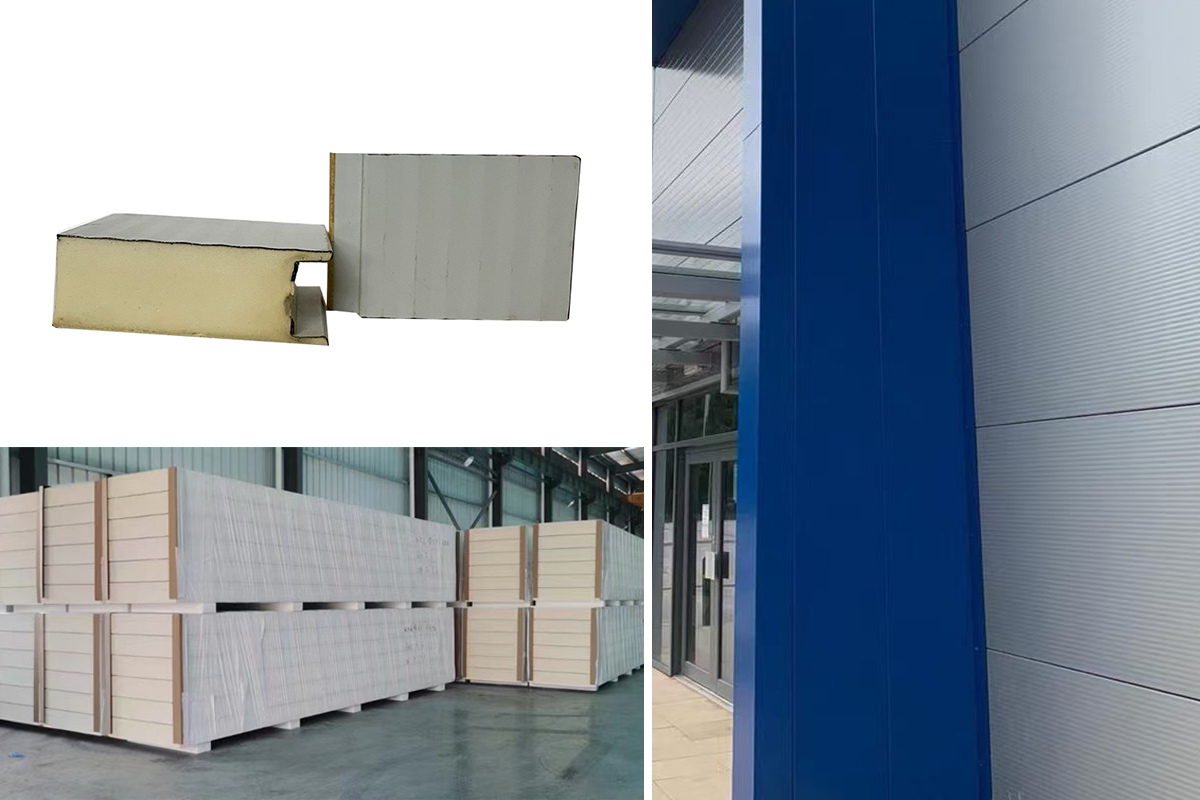This article was last revised in 326 Days ago, some of its contents may have changed. If you have any questions, you can ask the author。
In fact, the lifespan of polyurethane (PU) panels can vary significantly depending on the type of panel and its application environment. Generally, PU panels have an expected lifespan ranging from 25 to 40 years, but this can be influenced by several key factors:
1. Application Environment
Industrial Applications: PU panels used in industrial settings may have a shorter lifespan compared to those used in residential applications due to higher exposure to harsh conditions and frequent usage.
Environmental Conditions: Panels exposed to extreme temperatures, humidity, or other adverse environmental factors typically have a shorter lifespan than those used in more temperate climates. For instance, coastal areas with high humidity or regions with significant temperature fluctuations can accelerate material degradation.
2. Quality and Brand
Brand Reputation: High-quality PU panels from reputable manufacturers tend to last longer than those produced by local processors. For example, panels manufactured by well-known Chinese brands like LUSEN are often engineered with superior materials and manufacturing processes, leading to enhanced durability and longevity.
Material Quality: The quality of raw materials used in PU panels plays a crucial role in determining their lifespan. Higher-grade materials generally result in better performance and extended service life.
Conclusion
To maximize the lifespan of PU panels, it is essential to consider both the application environment and the quality of the product. Selecting panels from trusted manufacturers and ensuring they are suitable for the intended environment can significantly enhance their durability and performance over time.
